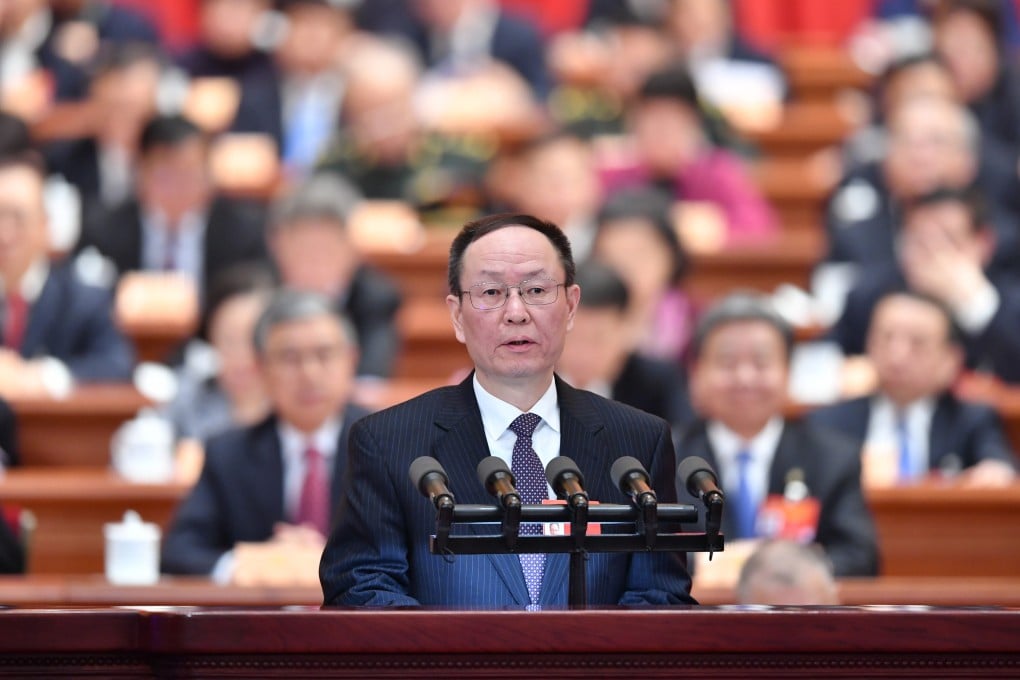China’s central government should take leading role in kick-starting consumption, adviser says
- An economic adviser to China’s government has encouraged the use of central resources to drive consumption and guide effective investment
- Fiscal expansion would increase budget deficit, but temporary hit justified with upside potential to economic health, steady GDP growth

China’s central government has the fiscal capability to leverage effective investment and drive up consumption this year, a government adviser said ahead of the country’s top legislative meetings next week – and it should raise its budget deficit to do so.
“The central government has a relatively low debt ratio with sufficient fiscal space,” said Wang Yiming, vice-chairman of the China Centre for International Economic Exchanges (CCIEE), at a conference on Wednesday.
“It can arrange an appropriately sized fiscal deficit, local special bonds and certain long-term treasury bonds,” said Wang, a policy adviser to China’s central bank.
The appeal came as China grapples with a confluence of limiting factors to economic growth, most notably high levels of local government debt and a sagging property market.
Many economists have expressed expectations for a higher fiscal deficit ratio, after the October sale of 1 trillion yuan (US$138.9 billion) in special treasury bonds lifted the 2023 ratio to 3.8 per cent from 3.0 per cent.
They need to readjust their investment model to more cost-effective and strategic areas
China’s fixed asset investment rose only 3 per cent last year, dragged down by property investment, which dropped 9.6 per cent year on year.
